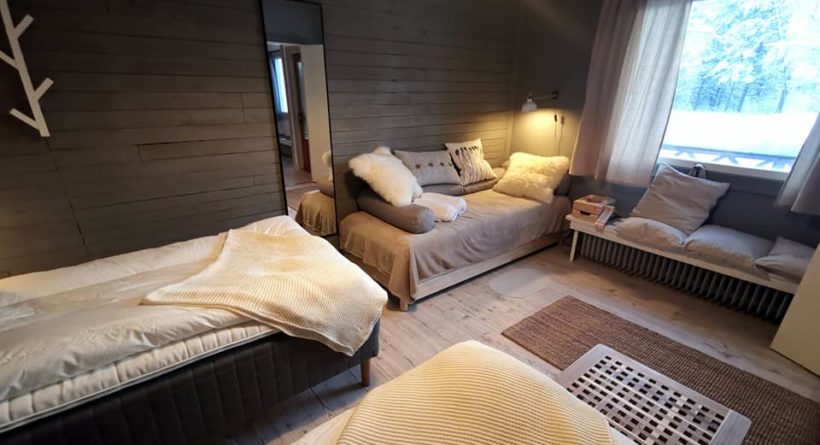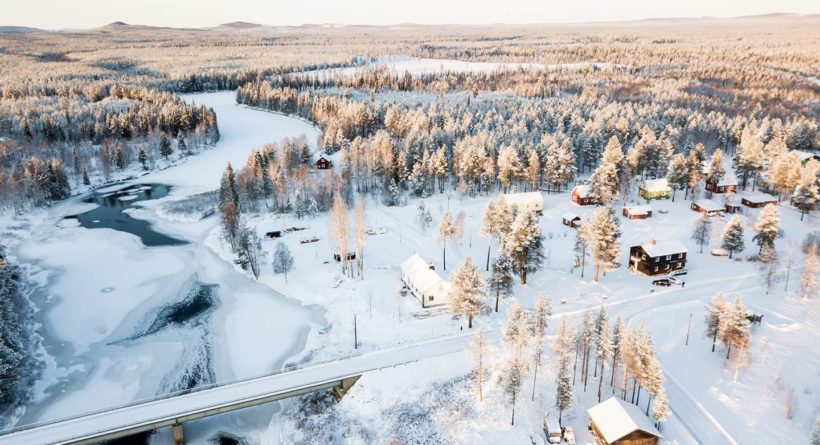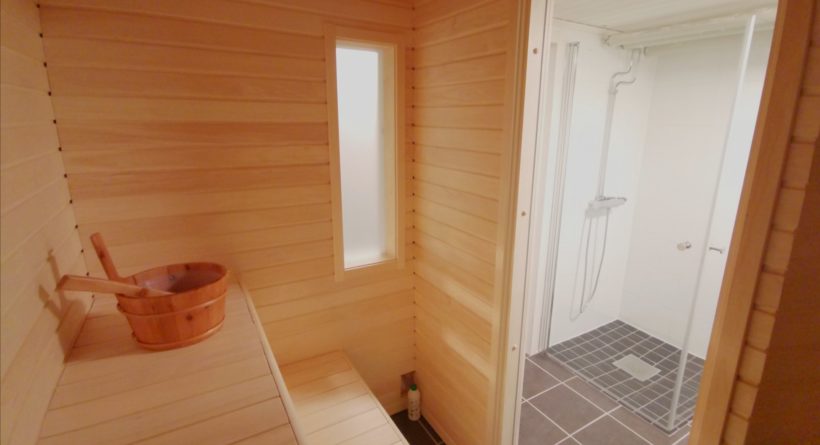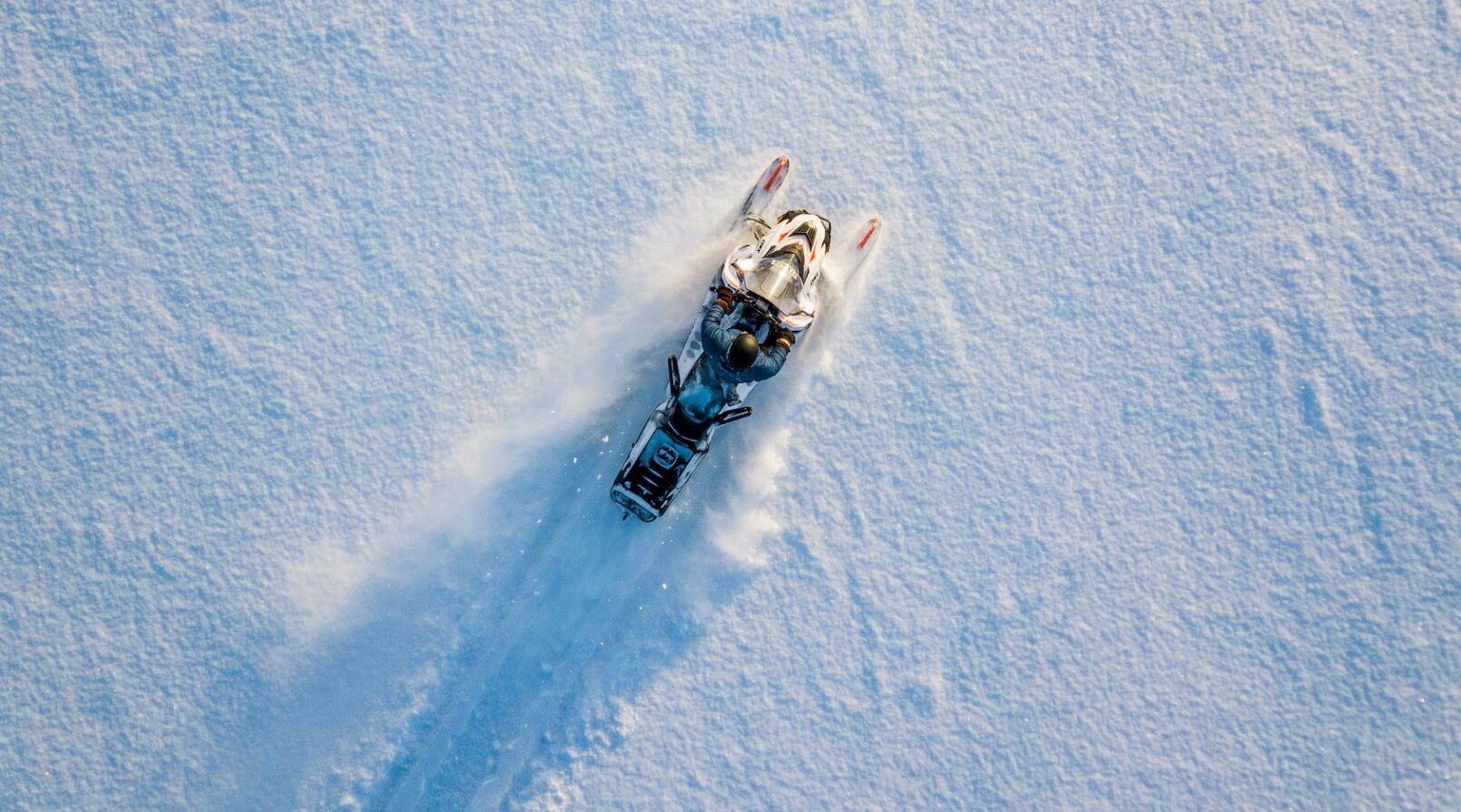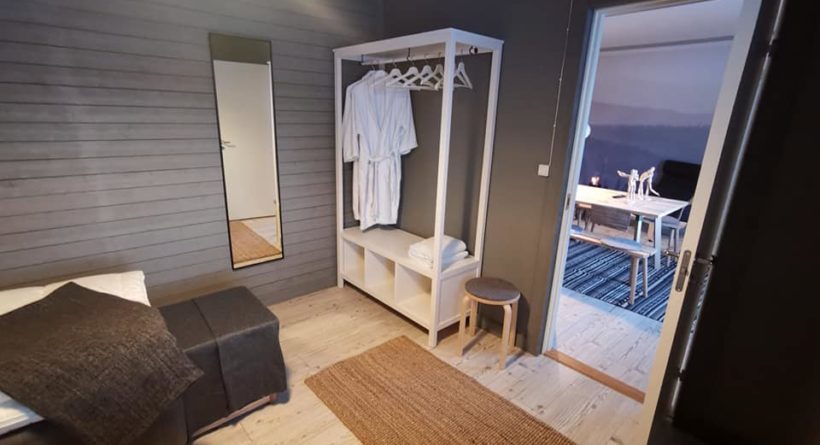The Outpost
[cbxwpbookmarkbtn]
En mysig vinterlodge nära Polcirkeln som erbjuder något av de bästa områdena i skogslandet för snöskoter. Lodgen hittar ni i den lilla byn, Mårdsel.
Ungefär 35 minuter från Aurora Safari Camp, och en 1,5 timme från Luleå Airport (LLA) hittar ni detta mysiga ställe. I huset låg tidigare postkontoret i byn. Nu är det renoverat till en supermysig lodge med två lägenheter. Det går att hyra delvis eller hela, med aktiviteter eller utan.
Här väljer ni själv om ni vill komma och boka in ett aktivitetsprogram, middagar och annat. Eller om ni vill undersöka omgivningarna på egen hand. Ni hittar många fina platser för pimpelfiske och skoterkörning. Väljer ni att göra det som en del i ett paket så passar det jättebra ihop med Aurora Safari Camp. The Outpost drivs och ägs av Jonas Geijke. Samma delägare som står bakom Aurora Safari Camp. Det går även utmärkt att kombinera med Arctic Retreat.
THE OUTPOST
Edeforsvägen
961 94 Mårdudden
bookings@aurorasafaris.com
+46 706 557 966


